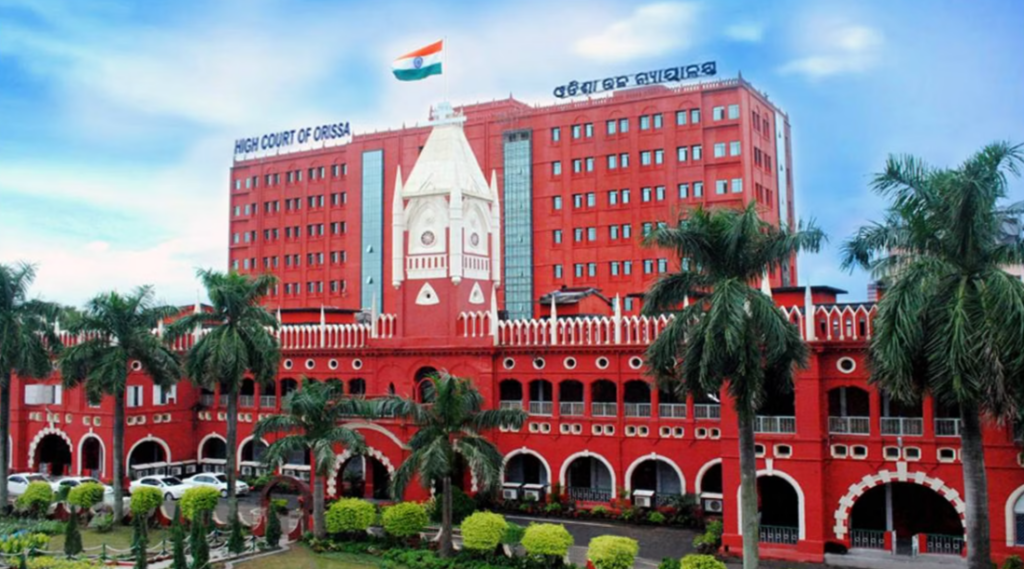Shreya Gupta
On January 3, 2025, the Orissa High Court restored the custody of an infant girl to her biological mother, who was accused of abandoning the child while attempting to steal a male baby from a hospital in the case of Sumatimani Sau & Anr. v. State of Orissa. The Court applied the “Doctrine of Tender Years,” which presumes that a mother is best suited to care for her child during infancy. Justice Sibo Sankar Mishra highlighted the deep-rooted societal biases that favor male children over female children, attributing the incident to such regressive mindsets. He noted that patriarchal and cultural practices often prioritize male lineage for inheritance, rituals, and property rights, leading to discrimination against female children.
The instant case stemmed from an incident where a complainant alleged that his newborn son was kidnapped from Balasore Headquarters Hospital, prompting an investigation that revealed the petitioners had abandoned their own daughter while taking the male child. The female infant was subsequently placed in the custody of an agency, and the petitioners faced charges under Sections 451 and 363 of the IPC. When the biological parents sought custody of their daughter, the Trial Court denied their request due to jurisdictional limitations, leading them to file the present petition before the High Court.
The petitioners argued that, under Section 30 of the Juvenile Justice (Care and Protection of Children) Act, 2015, biological parents have an automatic right to custody of their child, even under unusual circumstances. They cited the legal precedent of L. Chandran v. Venkatalakshmi & Anr. (AIR 1981 AP 1) where the Court upheld an infant’s right to life under Article 21 of the Constitution, which includes the right to be breastfed by their mother. Thus, they contended that depriving the child of maternal care would violate constitutional protections. Conversely, the State opposed the custody request, citing the petitioners’ conduct and concerns over the child’s safety.
The High Court ruled that Article 21 encompasses the right of a minor to be raised in a nurturing environment by their biological parents. It emphasized that unless proven otherwise, parents have the superior right to custody over other entities. Referring to the past judgments of Husna Banu v. State of Karnataka and Kamlesh rani v. State of Punjab & Ors., the Court underscored that breastfeeding is an inalienable right of both the mother and the infant, making the separation of the child from the mother constitutionally untenable. Furthermore, it invoked Section 3(ix) of the Juvenile Justice Act, which mandates that all child-related decisions must prioritize their best interests.
Applying the “Doctrine of Tender Years,” the Court held that an infant’s right to maternal care outweighs the allegations against the parents. While acknowledging the gravity of the mother’s actions, it recognized the fundamental maternal bond and the necessity of safeguarding the child’s well-being over penalizing the parents. The Court cautioned against allowing societal prejudices to override the paramount welfare of the child.
Despite granting custody, the Court imposed several safeguards, including regular inspections by the Child Welfare Committee (CWC) to ensure the child’s safety, continuous health evaluations, and mandatory parental cooperation with the CWC. It also recommended therapy and parental behavior assessments to address concerns stemming from the prior abandonment. Lastly, the Court granted the CWC the authority to seek reversal of the custody order if the child’s welfare was found to be at risk. Accordingly, the custody of the infant girl was ordered to be restored to her biological mother within three days, ensuring that the child’s best interests remained central to the decision.
Case Title: Sumatimani Sau & Anr. v. State of Odisha & Ors.
Case Number: CRLMC No. 4792 of 2024
Bench: Justice Sibo Sankar Mishra

